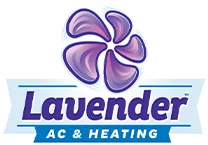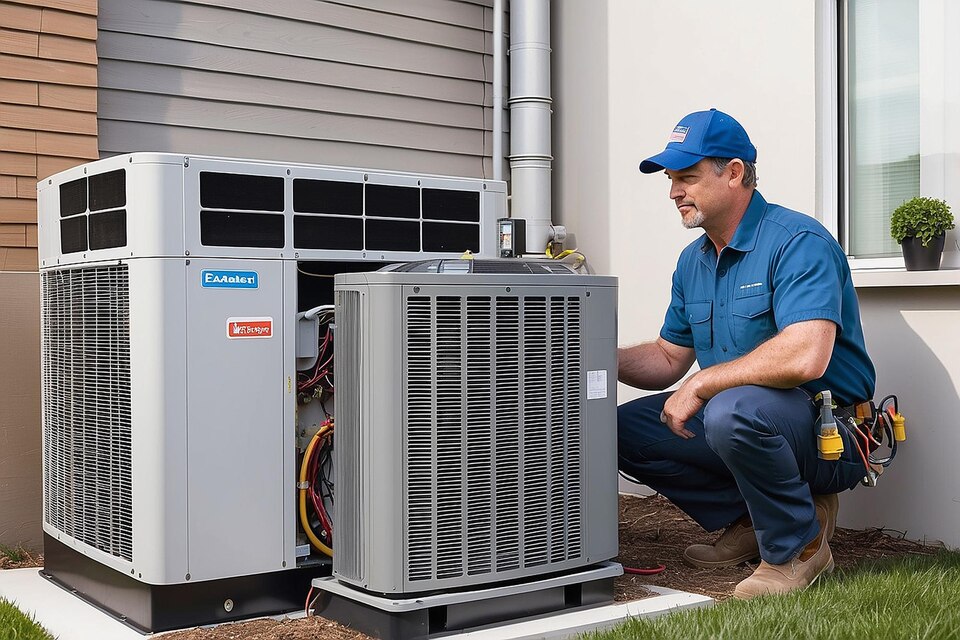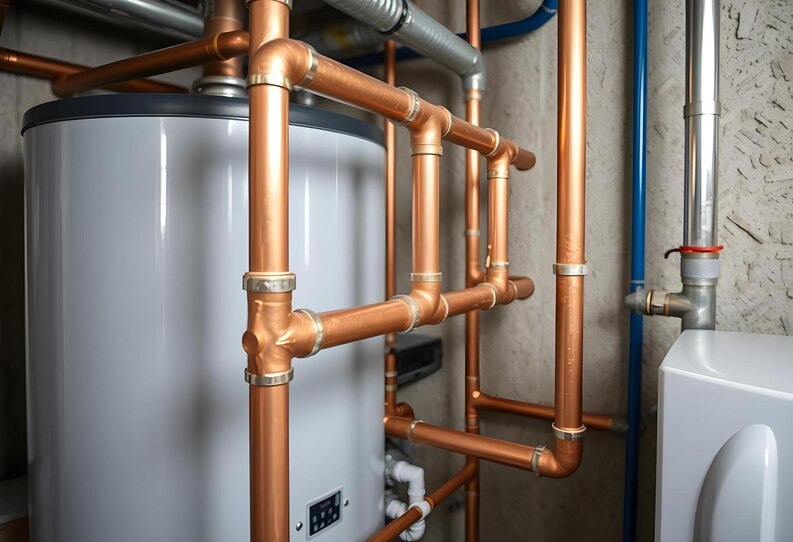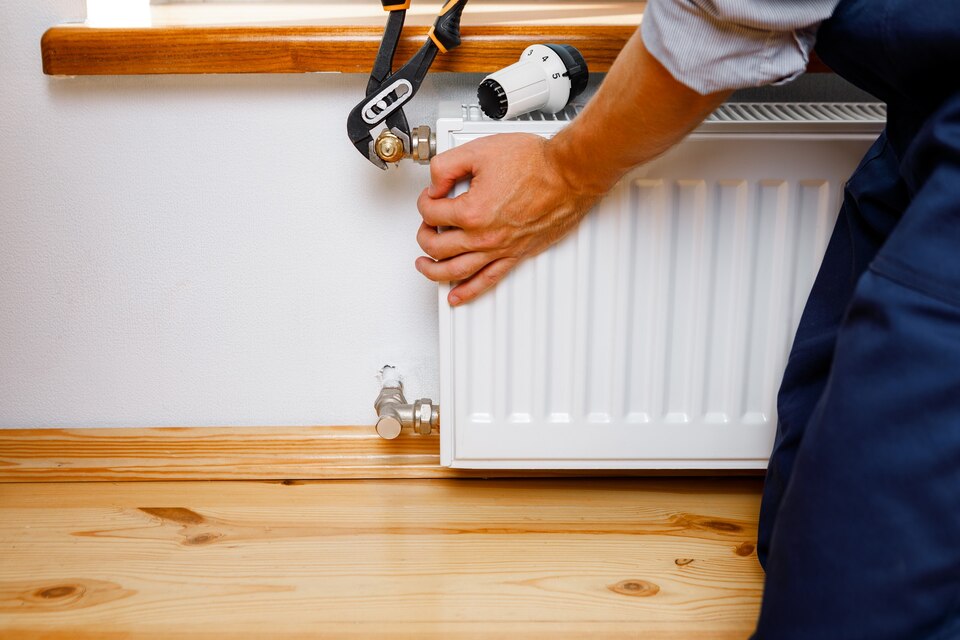Maintaining a comfortable and healthy indoor environment involves ensuring clean air and managing humidity levels. In many homes, indoor humidity can be too low, especially during the colder months when heating systems are running consistently. Low humidity can cause various issues, including dry skin, irritated respiratory systems, and an increased risk of virus survival. Investing in a humidifier can effectively address low humidity levels, resulting in improved indoor air quality, increased comfort, and enhanced well-being for you and your family.
Our Lavender AC & Heating team of indoor air quality professionals is dedicated to helping homeowners create the ideal living environment by addressing all aspects of indoor air, including humidity management. With our expertise, resources, and personalized approach, we can guide you in selecting, installing, and maintaining the perfect humidifier tailored to your situation, ensuring maximum comfort and health benefits for your family. Join us as we delve into the world of humidifiers and how they can transform your indoor living experience.
Understanding The Different Types Of Humidifiers
There are four main types of humidifiers available, each offering distinct features, advantages, and considerations. These include:
- Evaporative Humidifiers: These devices use a wick or filter to absorb water from a reservoir and a fan to blow air across the wick, facilitating water evaporation and increasing humidity levels. Evaporative humidifiers are self-regulating, energy-efficient, and best suited for moderate humidity requirements.
- Ultrasonic Humidifiers: Utilizing high-frequency vibrations to create a fine mist, ultrasonic humidifiers can humidify large areas quickly without the use of a fan. They are quiet, energy-efficient, and available as cool or warm mist versions.
- Warm Mist Humidifiers: Heating water to create steam, warm mist humidifiers distribute moisture into the room via an internal fan or natural room air movement. They are generally quiet and most suitable for colder climates as they can help warm the air. However, they may consume more energy due to the heating process.
- Whole-House Humidifiers: Designed to work in conjunction with your home’s HVAC system, whole-house humidifiers provide evenly distributed humidity throughout your entire home. They offer convenience, energy efficiency, and the ability to control and monitor humidity levels centrally.
Factors To Consider When Choosing A Humidifier
To select the most appropriate humidifier for your home, consider the following criteria:
- Room Size: Determine the square footage of the space you intend to humidify and choose a device designed for that capacity.
- Desired Humidity Level: Some humidifiers offer customizable humidity settings, allowing you to achieve precise humidity control tailored to your comfort.
- Climate: Cooler climates may benefit from warm mist humidifiers, while those in warmer areas can utilize cool mist devices.
- Maintenance Requirements: Consider the ease of maintenance, with some models requiring more frequent cleaning or filter replacements compared to others.
- Energy Efficiency and Cost: Evaluate the energy efficiency and operating costs of different humidifier types, including factors such as filter replacements and water usage.
Proper Installation, Maintenance, And Usage Tips
To ensure that your humidifier operates efficiently and optimally, follow these best practices:
- Installation Tips: Position your humidifier on a stable, level surface away from direct sunlight, electronics, or other heat sources. In addition, make sure there is adequate clearance around the device for proper airflow.
- Cleaning and Maintenance: Regularly clean your humidifier according to the manufacturer’s recommendations, removing any scale, dirt, or mineral deposits. Replace filters and other consumable parts as needed.
- Monitoring Humidity Levels: Utilize a hygrometer to measure indoor humidity levels and adjust your humidifier settings accordingly.
- Safe Operation: Always unplug your humidifier before cleaning or refilling and follow all manufacturer guidelines for proper usage, avoiding over-humidification.
The Benefits Of A Well-Humidified Home
Proper humidity management can provide a range of benefits for your home, including the following:
- Improved Indoor Air Quality: Adequate humidity levels can help alleviate issues associated with dry air, such as static electricity, cracked wood furnishings, and peeling wallpaper.
- Enhanced Health and Comfort: Proper humidity can boost your respiratory health, reduce dry skin and throat irritation, and help maintain a comfortable living environment.
- Greater Energy Efficiency: When your home retains an ideal level of humidity, you may feel warmer at lower temperatures, reducing your reliance on heating systems and contributing to energy savings.
Conclusion
A humidifier is an essential tool for promoting optimal indoor air quality and comfort by maintaining appropriate humidity levels in your home. By understanding the various types of humidifiers, evaluating your unique needs, and following proper installation, maintenance, and usage practices, you can reap the benefits of a well-humidified living environment.
Allow Lavender AC & Heating to help you select, install, and care for the perfect humidifier solution tailored to your specific situation. Contact our HVAC contractor in Mesquite, TX, today and experience improved indoor air quality, greater comfort, and enhanced well-being for you and your family.






